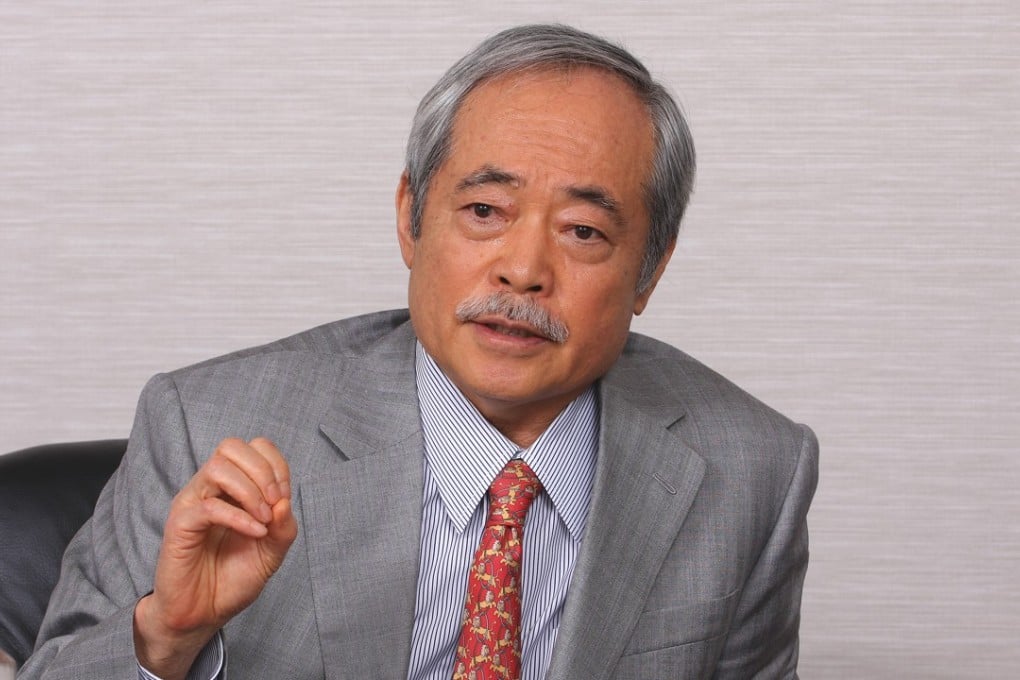Ferrotec founder and CEO Akira Yamamura: A driving force in thermodynamics and cutting-edge innovation
Akira Yamamura’s academic study of thermoelectric modules and thermodynamics grew into a two-person company that now employs over 6,500 people across Asia, Europe and the US

[Country Business Reports interviews and articles by Discovery Reports www.discoveryreports.com]
It started with a dream to build a billion-dollar global company in the technology space. Ferrotec founder and CEO Akira Yamamura never wavered in turning this dream into reality. Even when faced with challenges along the way, Yamamura ceaselessly worked toward this goal.
Ferrotec’s technological leadership stems from Yamamura’s extensive expertise. Yamamura is a product of two leading research universities, Keio University and Northeastern University. He has a strong pioneering drive to apply his knowledge in thermoelectric modules and thermodynamics, which were his areas of focus for his master’s degree thesis at Northeastern.
It was at Northeastern where Yamamura crossed paths with Arthur Foster, dean of the mechanical engineering department. Foster presented the opportunity of a lifetime to Yamamura when the former offered him a scholarship at Northeastern.
Foster also provided the encouragement Yamamura needed to excel in his thesis. Yamamura’s passion in this field led him to write the first thermoelectric handbook of the industry. With this book, not only did Yamamura establish the foundation for all of Ferrotec’s technologies, but he also made invaluable contributions to the fields of thermoelectrics.
Living in the United States and armed with technological knowledge in the above-mentioned fields, Yamamura joined the American company Ferrofluidics. Having gained industry contacts and experience, Yamamura established Nippon Ferrofluidics in Japan, which later operated as an independent entity from its parent company.
“Because I was there for a long time, I was able to maintain relationships with customers and engineers that helped us develop thermoelectric modules,” Yamamura says.
